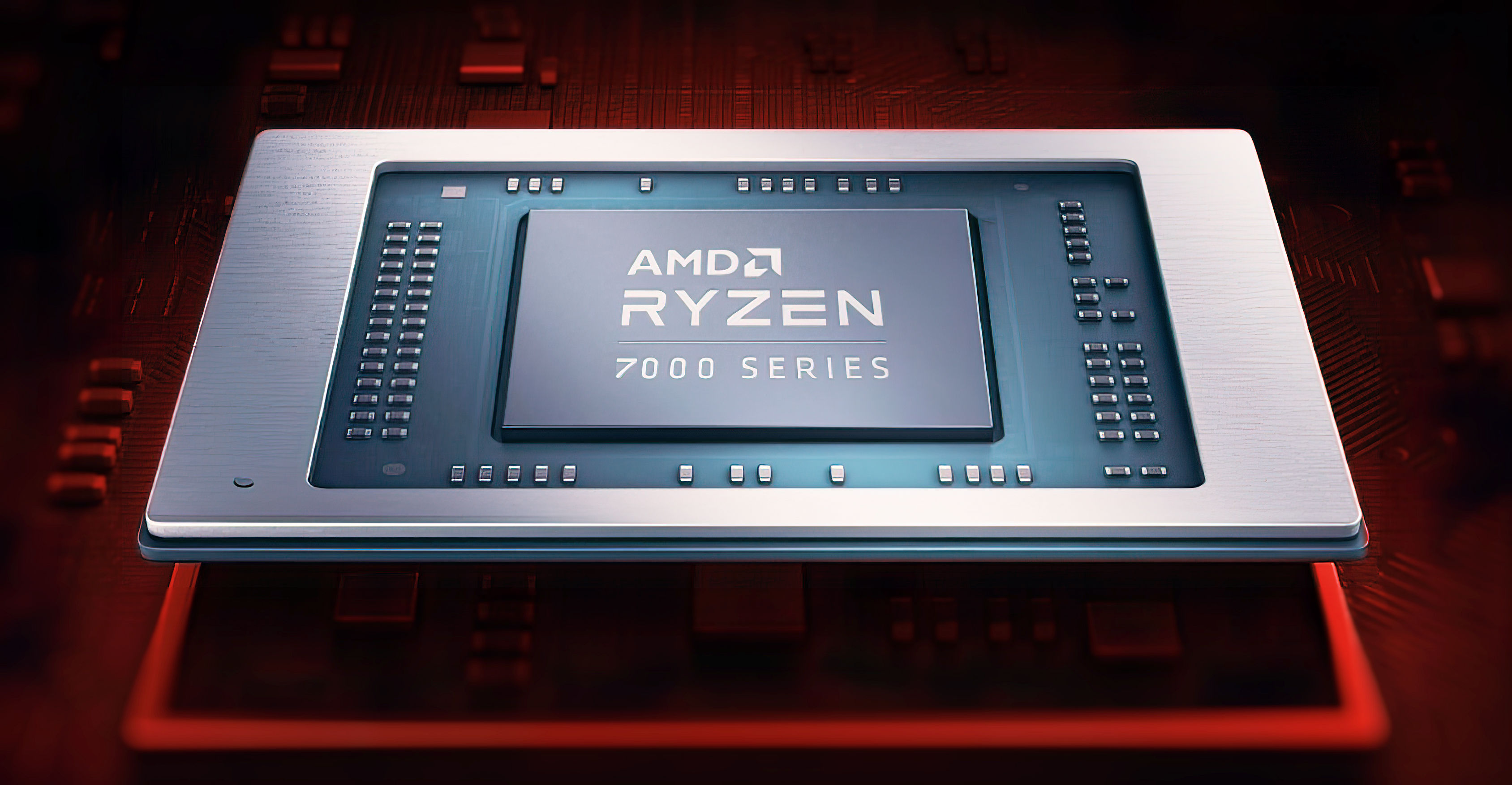I'm going to hijack this thread with a nod to https://forums.overclockers.co.uk/threads/zen-5-chat.18953487/
Made a decision to skip Zen 4 X3D, so naturally started looking for whats next.
Rumours say
not much increase in clock speed
different cache structure
substantial IPC increase
still 8 cores per CCD
and whatever in https://www.techpowerup.com/review/future-hardware-releases/#zen5
The big IPC increase is very exciting! wonder what sort of big.little core structure we will see though.. Will they have a 8950x for example that still has the 16 big cores, but also add on a bunch of little cores? Or will they reduce the big core count and add a lot of little cores which still gives over 32 threads, but with few big cores?
Interesting times lie ahead, can't wait to see all the leaks up coming!



